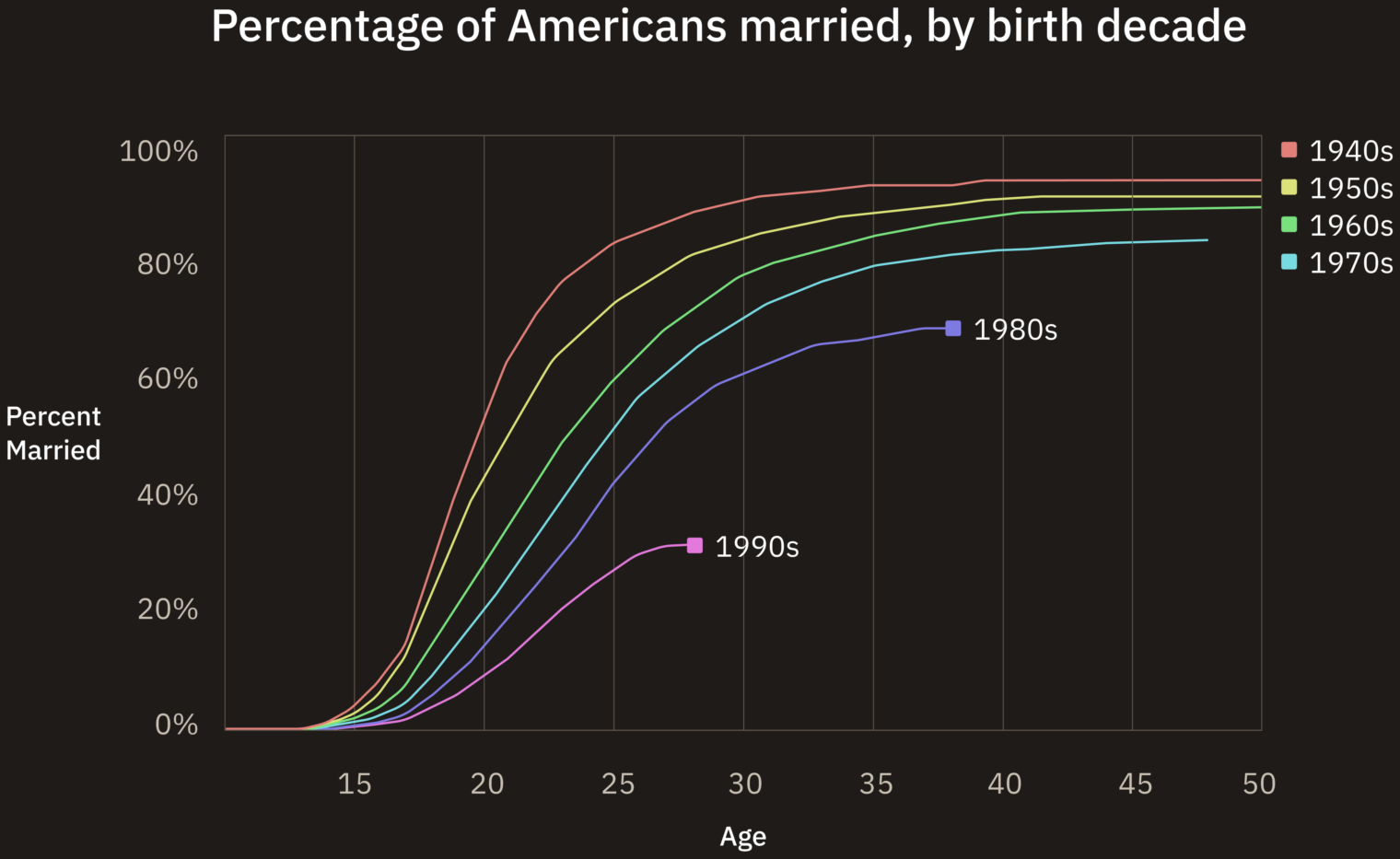The academic dream world in which high-income women seek energetic stay-at-home husbands
It’s National Special Education Day. Let’s look at the latest from the towering intellects of the Ivy League: “Winning the Bread and Baking it Too: Gendered Frictions in the Allocation of Home Production” (NBER with authors from Princeton, Penn, and a university in Chile).
From the abstract:
We document that female breadwinners do more home production than their male partners, driven by “housework” like cooking and cleaning. By comparing to same sex couples, we highlight that specialization within heterosexual households does not appear to be “gender neutral” even after accounting for average earnings differences.
Final sentence:
the next frontier of gender equality may be encouraging men to “lean in” at home, including teaching home production skills and changing norms about task provision from a young age. This will allow men to maintain competitiveness on the marriage market even in an environment where their labor market advantage fades
The PhDs who wrote this are saying that a man who is interested in doing a ton of housework will be pursued for marriage by women with great jobs, but it seems that they never met an actual woman with a great job who said “I want to find a good homemaker to be my stay-at-home husband”.
The absurdity of this idea becomes readily apparent when one considers the interaction between the authors’ ideas and the typical state’s family law and family court. The stay-at-home husband who gets tired of the hardworking middle-aged wife can sue her and collect alimony and child support in order to fund his new relationship with a young woman (or young women). She was the breadwinner and he is entitled to maintain his lifestyle after he discards her in favor of someone younger. From Massachusetts Prenuptial Agreements:
One case that we looked at involved a successful financial services industry fund manager. Due to the Wall Street-style checks rolling into the household, her husband decided to relax at home, watch the nannies raise the children, surf the Web, pursue hobbies, etc. As the wife was getting ready to retire the stay-at-home husband asked “Do I need this woman to earn more money?” The answer was no due to the fact that she was about to stop working. He then asked “Do I need her around to provide a stable environment for our children?” The answer was no because the kids were nearly launched. Did he need her to produce more children? It would have been biologically impossible due to her age. After a bit of litigation it turned out that, under the Massachusetts no-fault system, “I want to have sex with 22-year-olds off Craigslist” is as good a reason for a divorce as any. The husband got paid tens of millions of dollars down at the local family courthouse. Although he only netted half of the money that his wife had earned, his practical spending power had increased due to the fact that the wife, like a lot of self-made people, was a saver while he was a spender.
I find the paper interesting mostly because it shows the academic contempt for practical knowledge. They assume that American men without PhDs are behaving irrationally and need to learn from their intellectual superiors. Unemployed and low-income men who become champions at housework are going to snag hot wives who earn $500,000 per year because it will never occur to the $500,000/year women that they could be exposed to a family court lawsuit as soon as their hotness fades. That real-world American men aren’t pursuing the suggested strategy for “maintain[ing] competitiveness on the marriage market” doesn’t cause the academics a moment of self-doubt. They couldn’t even do a Google search, which would have yielded, for example, this Washingtonian article:
“What’s noteworthy to me is the fury of the women,” says Heather Hostetter, a prominent divorce lawyer in Bethesda who handles cases in Maryland and DC. “I just don’t experience that as much with men who are confronted with the fact that they have to pay alimony. And part of the fury relates to this idea of ‘What exactly am I paying for?’”
“It may be a shock to some women [because] they are not interested in supporting, nine times out of ten, what they call the ‘loser’—and that’s why they’re getting out of the marriage, because he’s a ‘loser,’ or he’s strayed, or whatever it might be,” says Cheryl New, a family lawyer who has been practicing in Maryland and Virginia for three-plus decades. “I think it is really hard emotionally for women to wrap their arms around this phenomenon.” Especially considering that in Maryland, Virginia, and DC, it doesn’t even matter how long (or short) your marriage was—you can still be made to pay.
One ex I spoke to told me that when she and her husband split four years ago, “he cleared the house out when he left. He took the TV, the china, my flatware. All of the things you would anticipate a man would say, ‘I don’t want this, you can have it.’ ” She pays child support and covers major bills for the kids—tuition, camp, insurance. “It’s a harsh reality,” as she put it. “I often look in the mirror and wonder whether this whole feminism thing backfired on me.”
These are the same folks who think that they can offer us practical advice on how to structure the welfare state (giving SNAP/EBT to 17 million in 2000 will never create 42 million SNAP-dependent Americans in 2025 (remember that there are additional federal food welfare programs so the number of Americans who receive taxpayer funded food is considerably larger than 42 million)), how we should change our lifestyle so as to reduce CO2 emissions enough to save our beloved Earth, how we can give every American unlimited medical procedures at a modest cost, and how we can have open borders without exacerbating what the same academics have identified as an affordable housing crisis, a working class wage crisis, a health care system capacity crisis, etc.
In case you’re wondering if it is only these three authors who have a blind spot regarding the family court exposure and the lack of any real-world women trying to find low-income stay-at-home husbands, here are all of the experts who assisted them:
We are grateful for useful comments from seminar and conference audiences at Brown, Harvard Business School, University of Michigan, Cornell University, Chicago Harris School, New York University, University of Pittsburgh, Drexel University, Arizona State University Applied Microeconomics, Barnard Economics of Gender Symposium, Stanford Institute for Theoretical Economics gender session, May Ridge Forum on gender economics, Society of Family and Gender Economics, New Advances in Family Economics Ravello, and Zurich Workshop in Economics and Psychology.
See also this hater who claims that men actually do more work once ensnared into a partnership with a female:












